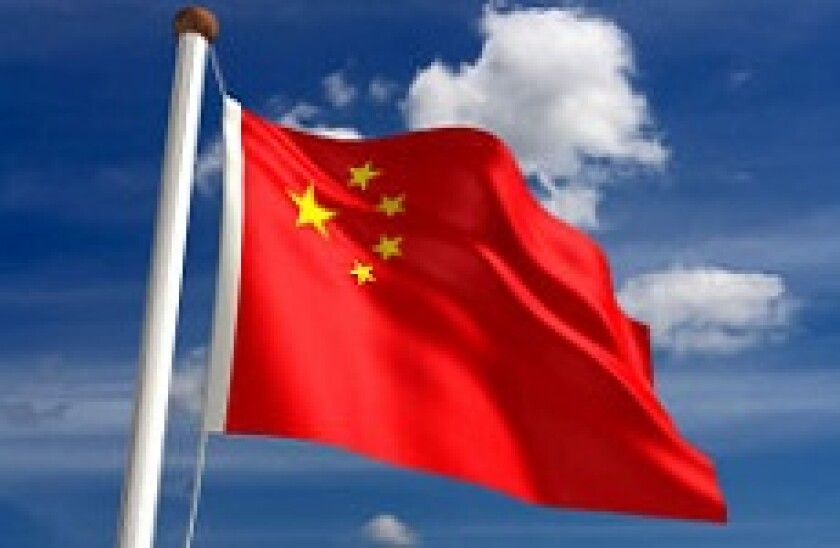As the battle against climate change takes off globally, and activist groups, such as Extinction Rebellion in London, make their point with increasing effectiveness, China’s green bond numbers this year are disappointing. In the first quarter of 2019, only one Chinese issuer sold green bonds in a G3 currency, raising just $200m, according to Dealogic. That’s a 6.5% decrease from the same period last year.
Global green bond numbers, in contrast, surged in the first quarter of 2019 with $36.13bn being issued, according to Linklaters. That’s a 17% increase on the same period in 2018. Other Asian countries, including Indonesia and South Korea, surpassed China’s offshore green volume between January and the end of March.
This is a problem for China just at the wrong time. Its much hailed green bond machine has seized up just when the world is beginning to turn its attention east, where the most greenhouse gases are being produced. Western politicians, irked by disruptions such as those caused by Extinction Rebellion, are looking for someone else to blame. Their typical reaction being: “Even though it's annoying when you glue yourself to a Tube train to cause maximum disruption, we do understand your cause and we must do better. But we’re not the real problem. China is the world’s largest emitter of CO2. That is where your focus should be.”
Even without the so-called help of Western politicians, attention on China is set to grow as its Belt and Road Initiative (BRI) expands, introducing new infrastructure projects to countries from Asia to Africa and in between. In many ways, the infrastructure China is putting in place in BRI will create efficient transportation for countries that could cut down on some polluting practices, although it may lead to an overall rise in emissions by stimulating economic growth.
A major problem is that the energy infrastructure being built and used in these countries are heavily reliant on fossil fuels. Building these projects could negate any efforts China has made to cut back on its domestic carbon footprint.
Green bonds certainly won’t be the key to redeeming China’s coal-sodden influence on the eastern hemisphere, but they’re a good first step.
As many people realise, green bonds are all about marketing. Selling green bonds or closing green loans draws attention to borrowers and to countries, allowing them to highlight their environmentally friendly initiatives and change internal cultures for the better.
China’s president Xi Jinping knows the importance of publicly showing his country’s efforts to cut back on its fossil fuel use. Having the Ministry of Finance produce a framework for debt sustainability in BRI countries, revealed at the BRI Summit last week, was a strong step. China needs to follow that with some quick action. ICBC’s efforts in selling a $2.2bn-equivalent, three currency green transaction linked to BRI in mid-April made a statement. But one bond deal will not make much difference.
China should aim to outpace the $42.8bn of green bonds it raised in 2018, which represented a 12% increase year-on-year from 2017. Just as importantly, it needs to sell a large bulk of those notes publicly offshore. Adding a link to the BRI would be a bonus, but at the least international green bond trades will be an easy metric for global investors to point to when measuring China’s climate change impact.
It will also give China something to point to when global climate change activists eventually summon up the courage and turn their attention to the Middle Kingdom.

